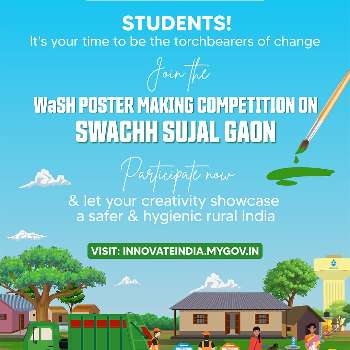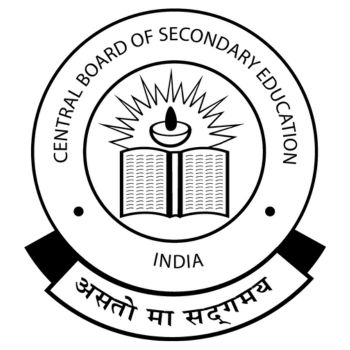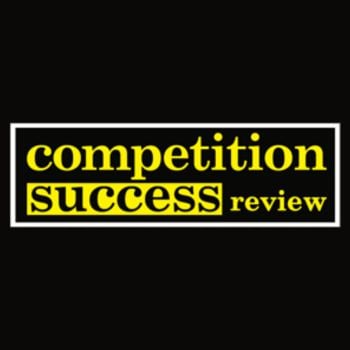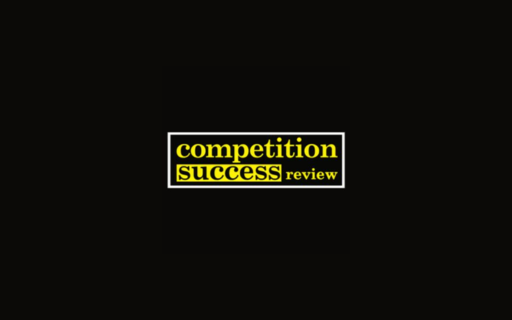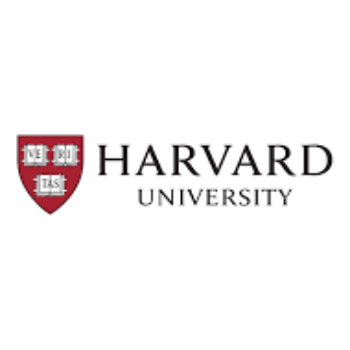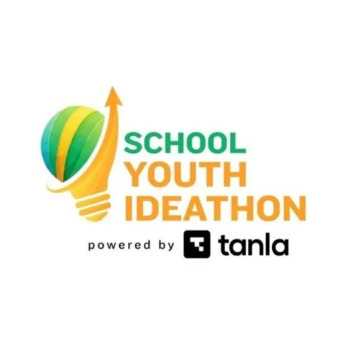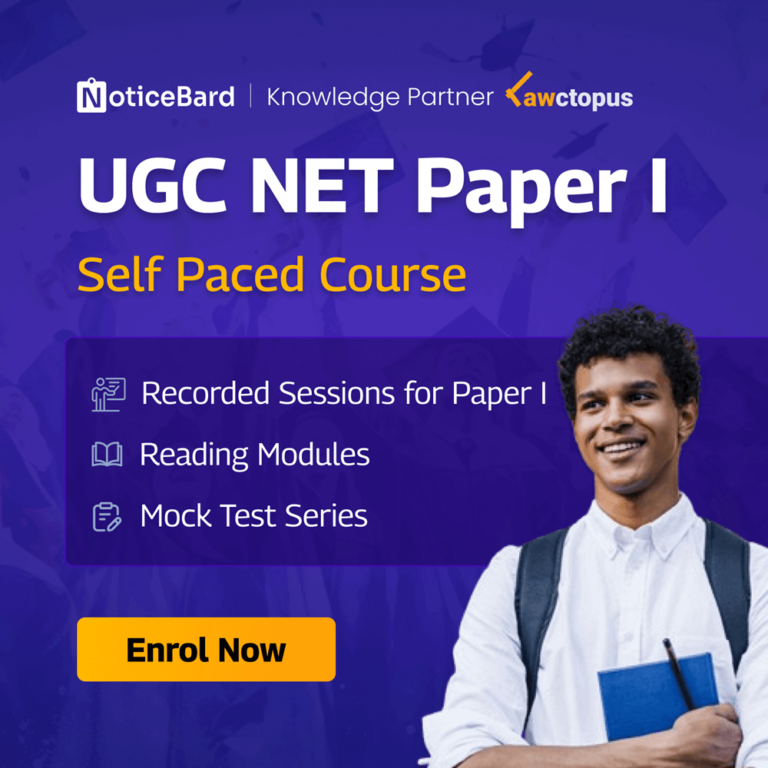Submissions are invited for Cambridge Re:think Essay Competition 2025. The last date of submission is May 10.
About the Competition
The spirit of the Re:think essay competition is to encourage critical thinking and exploration of a wide range of thought-provoking and often controversial topics. The competition covers a diverse array of subjects, from historical and present issues to speculative future scenarios. Participants are invited to engage deeply with these topics, critically analysing their various facets and implications. It promotes intellectual exploration and encourages participants to challenge established norms and beliefs, presenting opportunities to envision alternative futures, consider the consequences of new technologies, and reevaluate longstanding traditions.
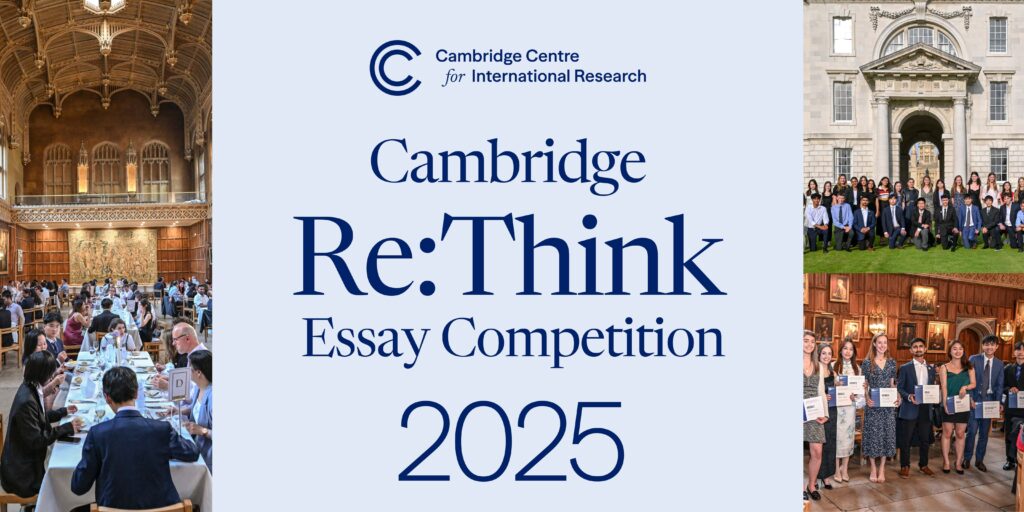
Ultimately, our aim is to create a platform for students and scholars to share their perspectives on pressing issues of the past and future, with the hope of broadening our collective understanding and generating innovative solutions to contemporary challenges. This year’s competition aims to underscore the importance of discourse, debate, and critical analysis in addressing complex societal issues in eight areas, including:
- Animal Rights and Society
- Freedom and Accountability
- Technology and Ethics
- Space Exploration and Governance
- Biotechonology
- Economics and Globalization
- Public Health
- Laws and Society
Eligibility
- Students from around the world are welcome to participate.
- The Re: think essay competition is open to students aged 14 to 18 years who have not yet commenced undergraduate studies.
General Guidelines
- No Entry Fee: There are no fees required to enter this essay competition. It is open to all eligible participants without any cost.
- Academic Integrity: This essay competition upholds the highest level of academic integrity. Participants are expected to adhere strictly to these standards.
- Original Work: Each essay must be the original work of the participant. The use of AI tools for assistance in writing is strictly prohibited. Essays must reflect the participant’s own ideas, analysis, and expression.
- Plagiarism: Plagiarism is not tolerated in any form. Any essay found to involve plagiarism will be immediately disqualified from the competition. Participants must ensure that all sources are appropriately cited and that the essay is composed of their unique thoughts and words.
- Sole authorship required: The essay you submit must be entirely your own work. Collaboration with others or co-authorship is not permitted. You are allowed to seek advice and discuss topics with others, but no one else should be involved in the actual writing of the essay. It must be your own work.
- One Essay Submission & Single Question Focus: Participants are allowed to submit only one essay. Furthermore, each essay must address only one of the provided essay prompts.
- Referee Contact: Participants are required to submit the email of an adult academic reference (such as your school teacher or counsellor). In the event that further academic verification is needed, we will reach out to the referee for more information. The referee will also receive the outcome of the competition.
Format Guidelines
- Please ensure that your essay does not exceed 2000 words; this word count excludes footnotes and bibliography.
- Please use a consistent font format and set the line spacing to 1.5 space.
- All submissions will be routed through plagiarism and an AI checker. As such, we expect all submissions to be properly cited. The format of citation for this competition is MLA 8, the 8th edition of the Modern Language Association style. To find out more about MLA 8, please refer to this guide here.
- The essay must be submitted in PDF format. In the PDF document, please remove your name, affiliation, or any personal information to ensure a blind review. You will be asked to provide personal information in the submission system.
Judging Criteria
- All submissions will be reviewed by a judging panel with scholars drawn from prestigious institutions, including Harvard, Cambridge, Oxford, and MIT.
- Double-Blind Review: Double-blind essay review is a process used in academic or scholarly publishing where both the reviewers and the authors are anonymous to each other. In this system, the identities of the authors are kept confidential from the reviewers, and vice versa. This approach aims to minimise biases that could arise from knowledge of the author’s identity, academic affiliation, or reputation.
- Original and interesting ideas: The competition aims to motivate students to deeply reassess and contemplate the interconnections of science, society, and the global environment. Original thoughts and perspectives are greatly encouraged.
- Quality of Argument and Writing: Clear writing and well-supported arguments are crucial. This means that essays should be well-structured, with each claim or argument supported by evidence or logical reasoning. Additionally, the judges will consider the style of writing, which includes language use, idea flow, and overall engagement with the topics.
- Plagiarism and AI Assistance: The competition has a strict policy against plagiarism and the use of AI writing assistance. Essays found to have such content will be disqualified. This means students must ensure their work is entirely their own.
How to Submit?
Interested candidates can submit entries via this page.
Prizes
- Gold – 10 Global Recipients
150 USD Cash Award, 500 USD CCIR Academy scholarship, digital award certificate, invitation for a feature interview on CCIR podcast and website, invitation to the Award Ceremony and Dinner at the University of Cambridge (free of charge). - Silver – 10 Global Recipients
100 USD Cash Award, 300 USD CCIR Academy scholarship, digital award certificate, invitation for a feature interview on CCIR podcast and website, invitation to the Award Ceremony and Dinner at the University of Cambridge (free of charge). - Bronze – 10 Global Recipients
50 USD Cash Award, 200 USD CCIR Academy scholarship, digital award certificate, invitation for a feature interview on CCIR podcast and website, invitation to the Award Ceremony and Dinner at the University of Cambridge (free of charge). - In addition, we will offer three special prizes, which we have named after Aristotle’s classical distinctions between the three essential modes of persuasion from his Rhetoric:
- The Logos Prize for Best Argument: For Aristotle, logos is a matter of rational or logical appeal, the adeptness at using reasoning in a work. This prize will be awarded to the essay which is deemed by the judges to be the most rationally, logically, and philosophically compelling.
- The Pathos Prize for Best Writing: Pathos is understood as the capacity for a work to appeal to emotions, spark sympathy, empathy, or passion. This prize will be awarded to the essay which is deemed by the judged to be the most emotionally, aesthetically, and artistically compelling.
- The Ethos Prize for Best Research: Ethos is a matter of convincing the audience of the presenter’s credibility on a subject. This prize will be awarded to the essay which is deemed by the judged to be the most thoroughly researched and well-grounded in the existing academic literature.
- Each special prize will be awarded to 1 recipient globally. The winner will receive 150 USD Cash Prize, 500 USD CCIR Academy scholarship, digital award certificate, an invitation for a feature interview on CCIR podcast and website, and an invitation to the Award Ceremony and Dinner at the University of Cambridge (free of charge).
- Honourable Mention – Around 10% of the total participants that are shortlisted but do not receive the aforementioned awards will receive a digital certificate recognizing their Honourable Mention, and invitations to the Award Ceremony and Dinner at the University of Cambridge.
Important dates
- Competition Opens: 15th January, 2025
- Essay Submission Deadline: 10th May, 2025
- Result Announcement: 26th May, 2025
- Award Ceremony and Dinner at the University of Cambridge: 30th July, 2025

